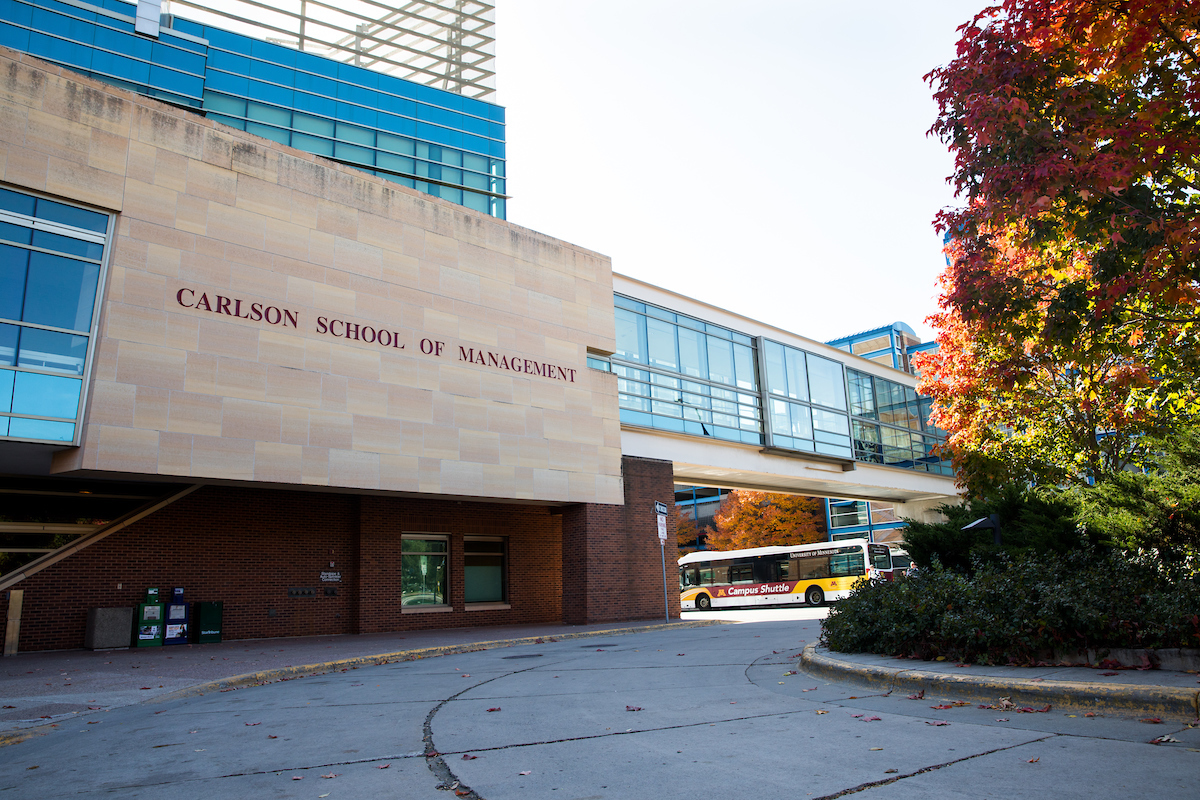mit_Increasing Emphasis on Students’ Mental Health at MBAs
As the pandemic brought abrupt changes to many aspects of life, ranging anywhere from toilet paper shortage to transition to remote studying and working, so has it greatly affected people’s well-being, especially their mental health. Higher education institutions have long been keeping a close eye on their students’ mental health, working to reduce suicide rates and increase satisfaction after graduation. However, Covid-induced remote learning posed great challenges to schools as it brought increased depression rates among students, all the while providing mental health support became significantly more difficult with the physical distance creating a barrier.
Business schools around the world have increased efforts accordingly to support their students for better mental health. EDHEC Business School in France, for instance, offers courses on personal development to help students build resilience, diversity, and inclusion, and develop conflict handling and leadership skills. According to Sandra Richez, global MBA program director at the institution, the courses ultimately guide students to become better listeners and to genuinely engage with others, which are traits and skills ever more valued and needed in times of hardship.
She said, “We encourage them to bring more inclusive attitudes to their future workplaces because we know that mental health and wellness are becoming more and more critical in the corporate world. Businesses need managers who can manage their own stress and self-awareness and, at the same time, support team members going through a difficult period.”
Songwen Chen, an MBA student at Haas School of Business at the University of California Berkeley, noted a similar point. “[MBA candidates] are conditioned to serve as empathetic and compassionate leaders who can effectively empower and support others in their workplaces.” Yet, he mentioned that despite the growing emphasis on mental health in MBAs from both students and schools, the pandemic has greatly halted such efforts. “Last year, anxiety from isolation and constant Zoom classes really dampened class morale […] With constantly evolving public health and campus guidelines, there definitely has been a collective fatigue around new restrictions,” he said.
Mika Hyden, another MBA candidate at Haas, drew attention to the importance of de-stigmatizing the discussion of mental health at schools among students, in addition to advising students to find and prioritize activities and lifestyles that would help their physical and mental health. She said, “Establishing communities and cultures that prioritize and promote wellness in MBA programs will likely expand into workplaces as MBA students graduate into the workforce with these values.”
At some institutions, there has already been a school-wide movement toward forming a supportive community and des-stigmatizing mental health, which has unfortunately been diminished as the virus swept the nation. Patrick McCarthy, director of student affairs at the University of Minnesota’s Carlson School of Management commented, “During the pandemic, the distance created by the virtual nature of delivery created additional challenges in forming relationships and establishing trust.”

However, as many countries have acquired enough data on the virus and experience in disease control to allow businesses and borders to reopen, so have business schools started to welcome students back to campus. Accordingly, MBA programs expect that they will be able to offer better mental health support. “There is a strong desire to establish or re-establish a sense of community following the pandemic and its separating effects […] Now that we are in-person, we are able to once again address stigma and create supportive relationships,” McCarthy said.
Following the enlarging demand from society for better mental health, especially since the onset of the pandemic, several businesses have conformed to the trend. The Hartford insurance company in 2020, for example, provided digital resources, such as the anti-anxiety app Daylight, to help its employees alleviate anxiety, negative thoughts, and emotions. The company’s CEO Christopher Swift recently said to Time magazine, “At The Hartford, we have taken a whole-company approach to remove stigma and create an open, inclusive environment.”
Bank of America also posted a full-page advertisement in the Washington Post last month in June to show the public that it cares for the employees’ mental health. The advertisement stated, “We drive open and ongoing conversations to help break through the stigma around mental health […] Our goal is to ensure our teammates get the resources they need.”
Despite some companies’ steps to care for the mental health of their employees, it is a bit early to celebrate. The Society for Human Resources Management Foundation released a survey result of over 3,400 HR professionals in April this year. According to the report, while approximately 32 percent claim that their organizations highly prioritize providing mental health resources to their employees, 41 percent believe their organizations do not offer enough such support.
Nevertheless, it is evident more and more people agree with numerous research results that better mental health yields undeniable financial benefits to businesses. Although some companies are slow in adopting measures or lack in their efforts, the change for the wellness-promoting culture in the business world is set to be seen, for mental health-conscious MBA students will continue establishing the healthier norm throughout their careers.
Read More: What Happened to MBA Employment Rate After the Pandemic, and Is It Still Worthwhile?



















